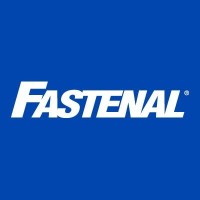Ferguson
751 Lakefront Commons, Newport News, Virginia, US, 23606
Last Update: 2025-11-23
The United States segment operates primarily under the Ferguson brand and provides expertise, solutions, and products, from infrastructure, plumbing and appliances to HVAC, fire, fabrication and more, to residential and non-residential contractors. Our products are delivered through a common network of distribution centers, branches and specialist sales associates, counter service, showroom consultants and e-commerce. As of July 31, 2025, the U.S. business operated 1,519 branches and 9 regional distribution centers serving all 50 states with approximately 31,000 associates. These locations provide same-day and next-day product availability, which we believe to be a competitive advantage and an important requirement for customers. In addition, our U.S. business operates five market distribution centers (“MDCs”) in Denver, Phoenix, Dallas, Houston and Nashville for branch replenishment and final mile distribution to customers. Our operations and associate expertise align with our customer groups where we predominantly serve trade customers. By differentiating between the customer types, we are able to provide bespoke services and better cater to specific requirements. Each group has its own set of competitors that range from large national companies, including trade sales by large home improvement chains, to small, privately owned distributors. To learn more about our U.S. business, visit www.ferguson.com.
NAICS: 42
NAICS Definition: Wholesale Trade
Employees: 20,429
Subsidiaries: 10







